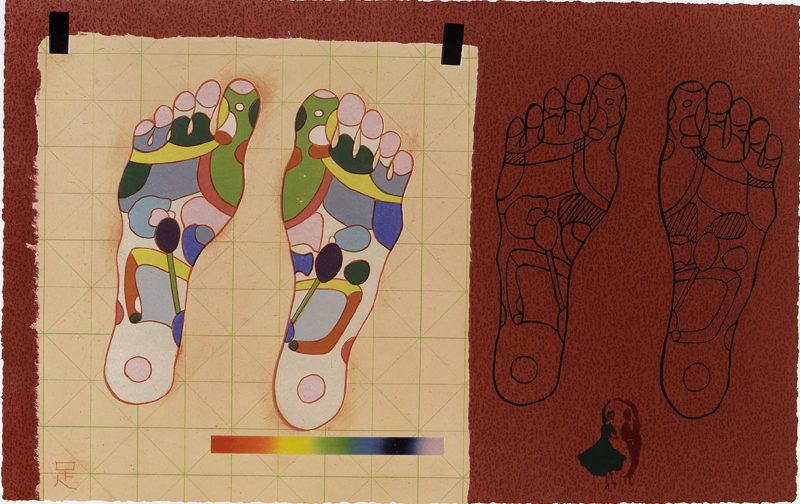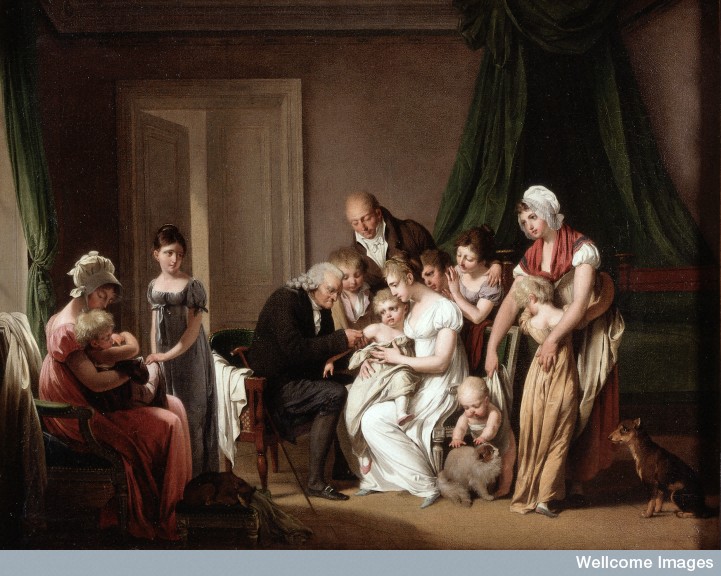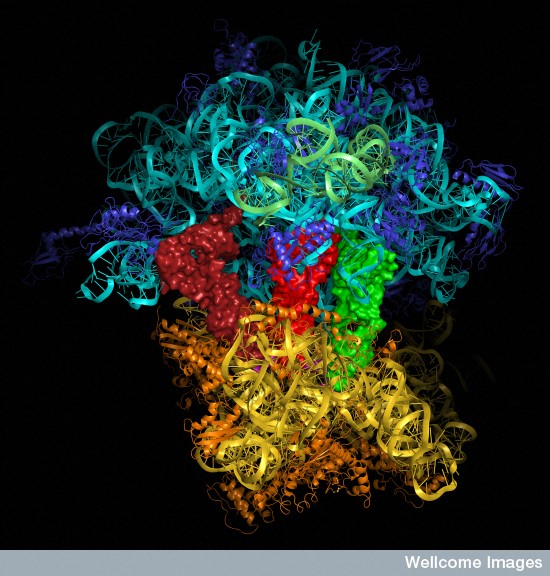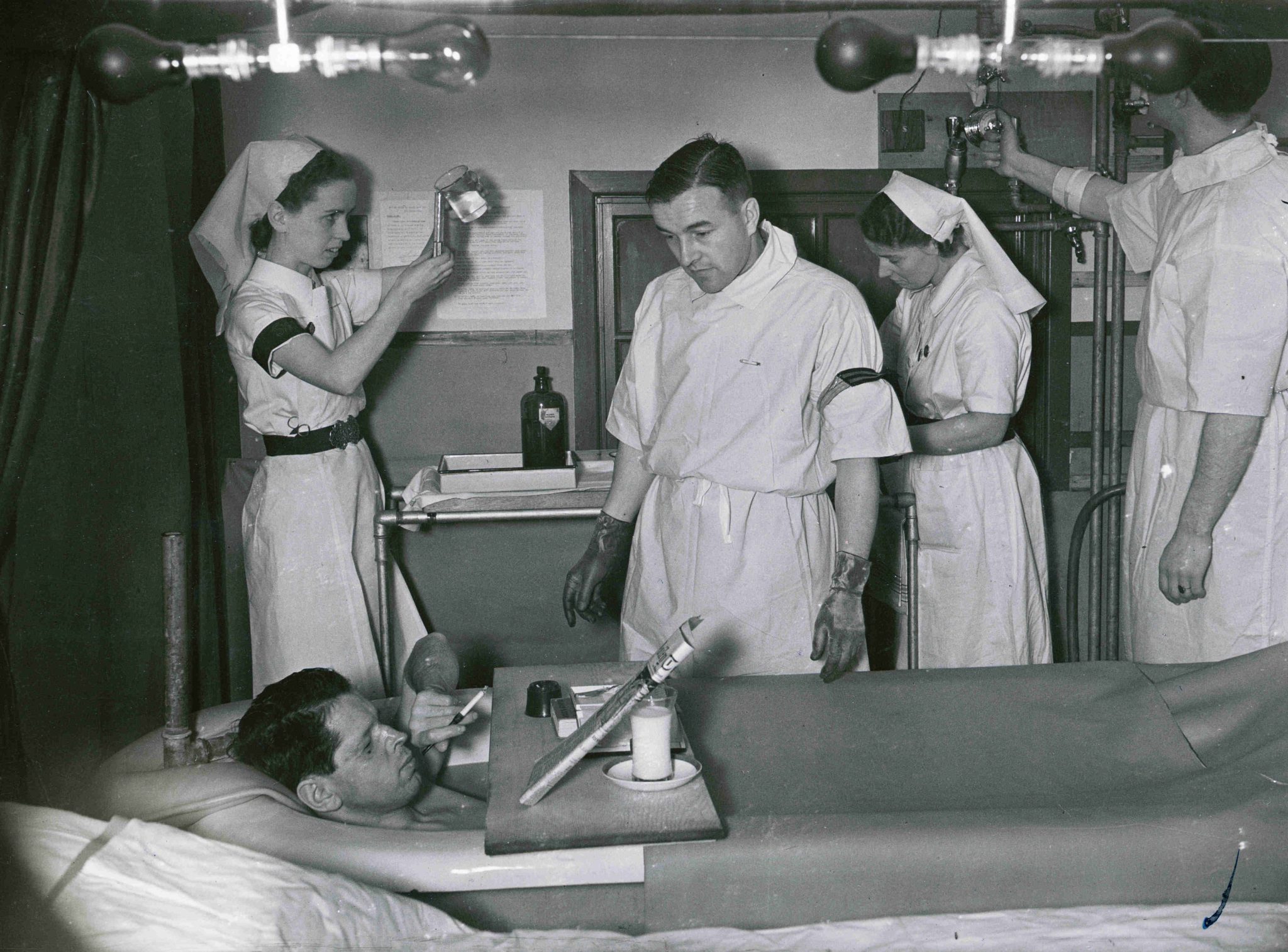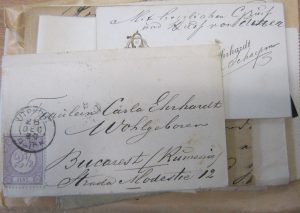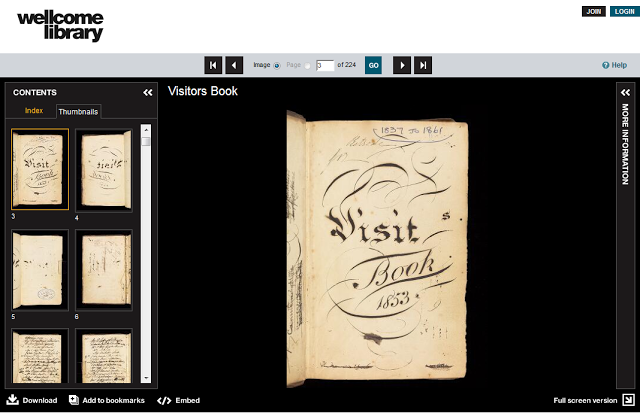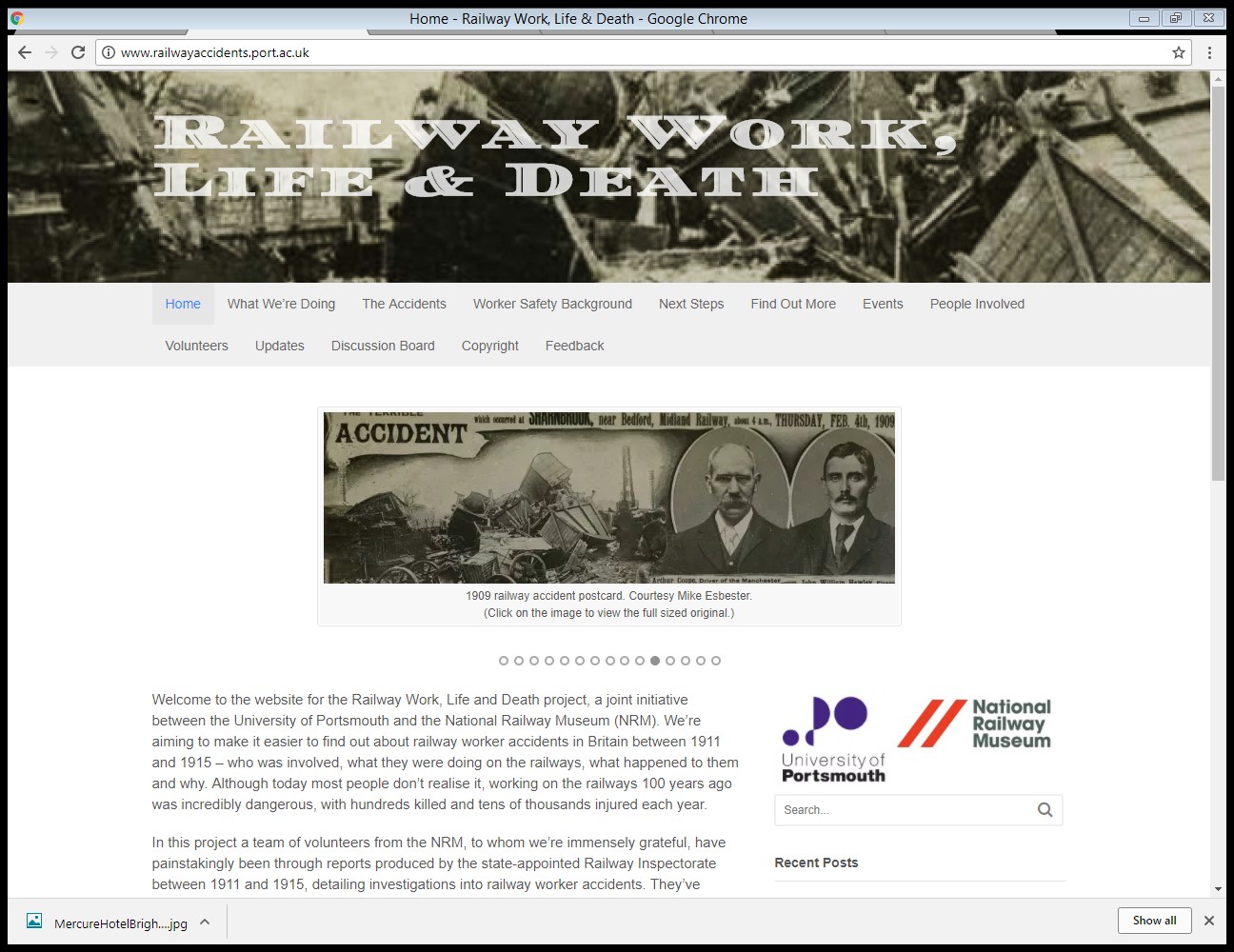Topical Press Agency Medical Collection
Posted onHistoric England is the public body that looks after England’s historic environment. We champion and protect historic places, helping people understand, value and care for them.
The Historic England Archive has recently discovered a collection of over 4,000 photographs taken by the Topical Press Agency. Dating from 1938 to 1943, the photographs document medicine and health care in England shortly before and during the Second World War, and immediately prior to the foundation of the National Health Service. The photographs document medical procedures, equipment, wartime hospital wards, evacuated children, patients and staff.
We are currently undertaking a project to preserve, catalogue and digitise the collection. The resulting catalogue and digital images will be made available to users online through the Historic England Archive website. The completion of this project will coincide with this year’s 70th anniversary of the founding of the NHS.
Historic England would like to track down people who may have stories to tell about working in health before the founding of the NHS or during its formative years, with the aim of recording interviews about their experiences. If you think you could contribute, we’d love to hear from you. Please contact gary.winter@historicengland.org.uk.
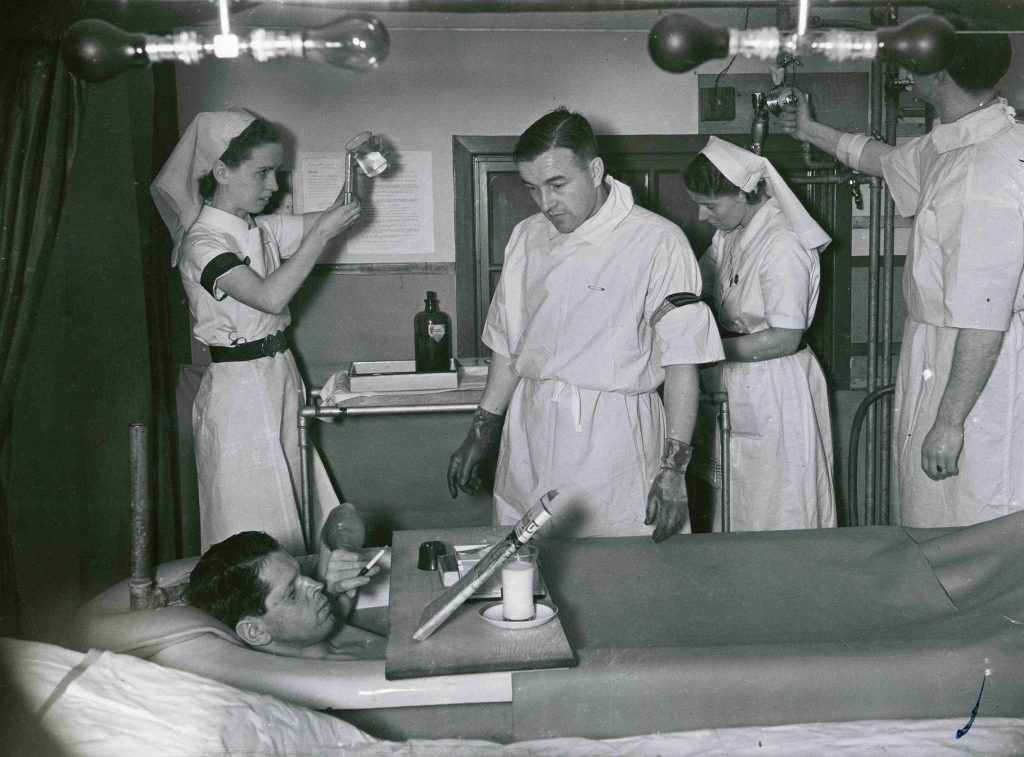
The original caption on the reverse of the photograph reads:
The modern treatment of burns. Picture shows the patient comfortably resting in the saline bath after the dressings have been removed. He is allowed to smoke (through a holder to keep the smoke away from his eyes); can read the paper; and is given warm milk. The length of stay in the bath is from one hour upwards. On the left Sister is seen testing the salt content of the saline bath, while on the right an orderly watches the temperature control.
Source: Historic England Archive.
